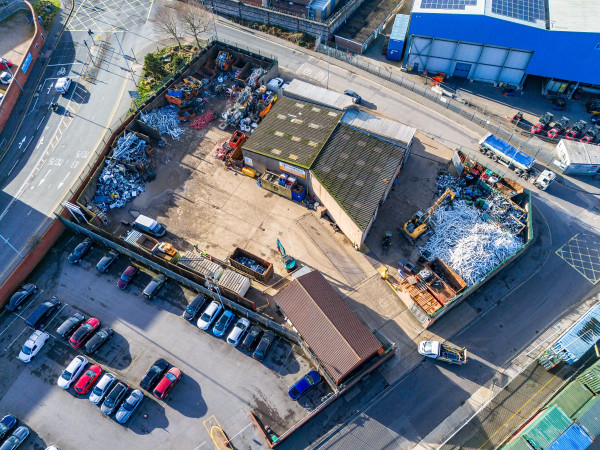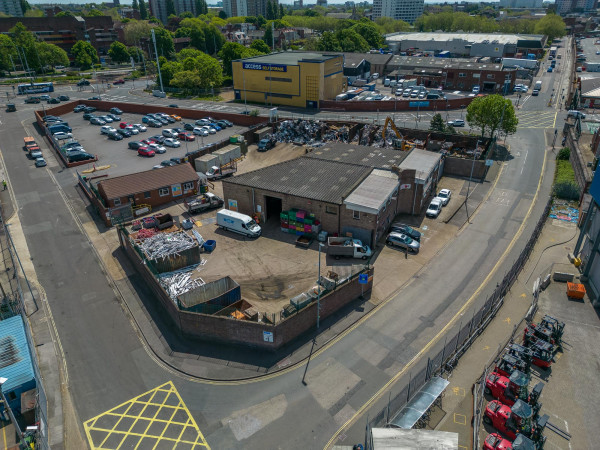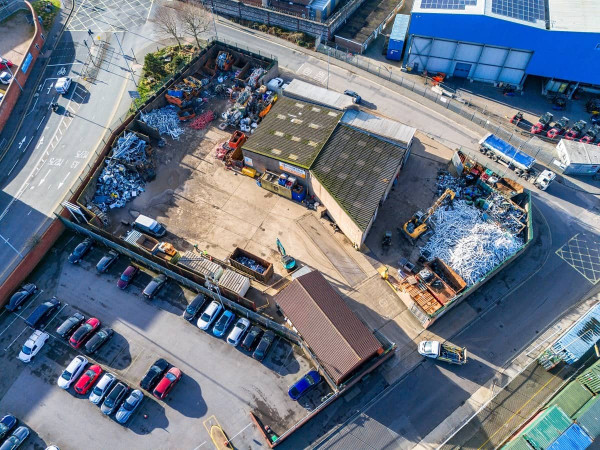Recycling Helps Reduce Carbon Footprint - The Role of Recycling in Combatting Climate Change
16th June 2025
Scrap Metal Collection - Metal Recycling - uPVC Recycling
As the global community becomes increasingly aware of the urgent need to address climate change, businesses and individuals alike are looking for practical ways to reduce their environmental impact. One powerful, often underappreciated solution lies in recycling - especially metal recycling.
At H&S Metals, we see every piece of scrap metal as more than just waste. It’s an opportunity to cut down carbon emissions, conserve natural resources, and help pave the way toward a more sustainable future. Here’s how recycling plays a vital role in reducing our carbon footprint and combating climate change.
Recycling Metals Uses Less Energy
Producing metal from raw materials is extremely energy-intensive. Mining, transporting, refining, and processing metals like aluminum, copper, and steel consume vast amounts of fossil fuels. In contrast, recycling metals requires significantly less energy:
- Recycling aluminum uses up to 95% less energy than producing it from bauxite ore.
- Recycling steel saves about 60–74% of the energy needed to produce it from virgin materials.
By reducing energy consumption, metal recycling also cuts the greenhouse gas emissions associated with that energy use.
Lower Energy Use = Fewer Emissions
Most industrial energy comes from burning fossil fuels like coal and natural gas. The more energy we use, the more carbon dioxide (CO₂) and other greenhouse gases are released into the atmosphere. By recycling metals, we slash the energy demand, and in turn, reduce carbon emissions.
According to the UK Environment Agency, recycling just one tonne of aluminium can prevent around 9 tonnes of CO₂ emissions. Multiply that by the millions of tons of metal recycled each year, and the impact is huge.
Reduces the Need for Mining and Resource Extraction
Mining is not only energy-intensive but also disrupts ecosystems, pollutes water supplies, and releases methane and CO₂ into the air. By recycling metals that are already in circulation, we limit the need to mine and refine new raw materials, preserving natural habitats and reducing environmental degradation.
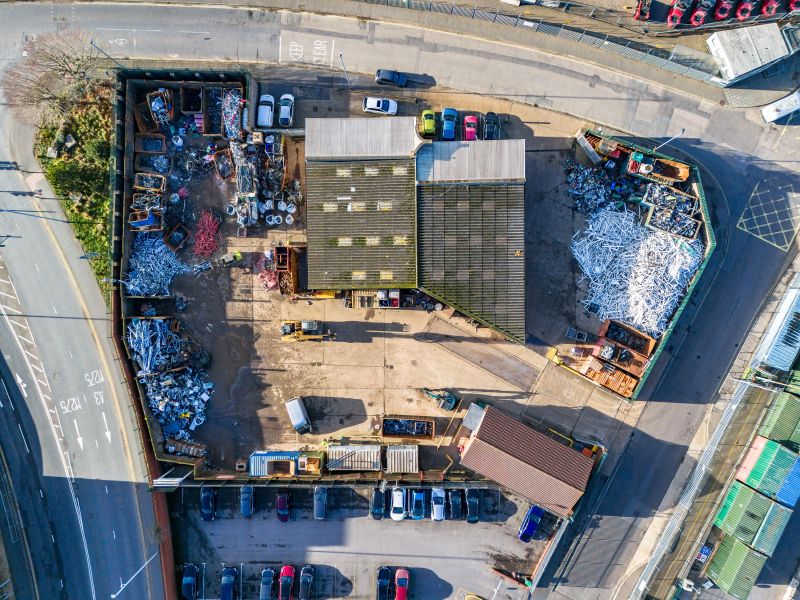
Supports a Circular Economy
Recycling is a key pillar of the circular economy, an economic model focused on reducing waste and making the most of existing resources. Instead of a "take-make-dispose" approach, the circular model keeps materials in use for as long as possible.
This shift helps slow climate change by:
- Decreasing demand for new material extraction
- Extending product lifecycles
- Promoting sustainable consumption
At H&S Metals, we’re proud to be part of this solution, ensuring that metal products don’t end up in landfills but instead are reprocessed and reused in new ways.
A Simple Act with Big Impact
Recycling may seem like a small action, but its impact adds up quickly. By choosing to recycle scrap metal - whether from cars, appliances, construction materials, or industrial equipment - you are directly contributing to:
- Lower carbon emissions
- Reduced landfill waste
- Conservation of finite resources
Join Us in the Fight Against Climate Change
At H&S Metals, we’re committed to providing environmentally responsible metal recycling services that make a real difference. Whether you're a local resident, a construction contractor, or a manufacturing company, your choice to recycle with us helps combat climate change one load of scrap at a time.
Let’s reduce our carbon footprint together - one recycled metal at a time.
Contact us today to learn more about how your scrap metal can make a positive impact on the planet.
